Q&A: Learning from Health Care Scams in 2019 & How to Avoid Being a Target in 2020
 Stephen D. Bittinger, Esq. Partner at Nexsen Pruet, presented the webinar The Biggest Health Care Scams in 2019 and How to Avoid Being a Target in 2020. Stephen answered many commonly asked questions on our blog in conjunction with this webinar. Be sure to catch Stephen presenting in person on April 23, 2020 in Wilmington, DE at the 3rd Annual Healthcare Compliance Symposium co-sponsored by First Healthcare Compliance and Widener University Delaware Law School.
Stephen D. Bittinger, Esq. Partner at Nexsen Pruet, presented the webinar The Biggest Health Care Scams in 2019 and How to Avoid Being a Target in 2020. Stephen answered many commonly asked questions on our blog in conjunction with this webinar. Be sure to catch Stephen presenting in person on April 23, 2020 in Wilmington, DE at the 3rd Annual Healthcare Compliance Symposium co-sponsored by First Healthcare Compliance and Widener University Delaware Law School.
Why are you, a health care reimbursement attorney, presenting about fraud schemes, rather than a criminal defense attorney?
Great question! The main reason is that I want to help providers avoid innocent mistakes that could get them accused of health care fraud. I defend fraud, waste, and abuse audits nationally, and 95% of them turn out to be based on negligent, not intentional, conduct that caused errors in billing.
What do the fraud schemes from 2019 tell you?
Two main things: (1) the fraudsters are becoming far more sophisticated; and (2) the government is getting even better at hunting fraud. Unfortunately, this means there are far more innocent providers caught from both sides – providers that become unknowing participants in schemes, and providers that are wrongly accused of fraud by the government based on negligence-based errors.
How do providers educate themselves?
First and foremost, the entire medical training system (i.e. medical schools, residency programs, continuing education programs, etc.) must be far more focused on compliance training of the providers, not just support staff and administration. Too many providers have relied on support staff that were not adequately educated and the provider ends up paying a severe price for someone else’s failure.
How do providers educate patients on how not to be victims of health care fraud?
This is very difficult for providers because of the incredible time constraints of providers with patients due to reimbursement values. However, providers must lead a culture of compliance in their practice. Whether a provider is inside a large hospital system or a small practice, their mentality towards compliance and protecting both themselves and patients from fraud sets the tone for all those who work with them.
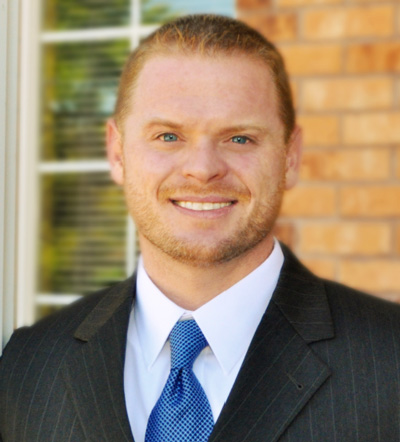
Stephen D. Bittinger – Partner at Nexsen Pruet, LLC (Charleston, SC) – represents providers in disputes and litigation with private and government payors regarding reimbursement, contracting, credentialing, and regulatory matters. He has been named a Rising Star in Health Care Law by Super Lawyers Magazine since 2016 and the Legal Elite in Health Care Law by Charleston Business Magazine. He can be reached at sbittinger@nexsenpruet.com.
Be sure to view a replay of Stephen’s webinar The Biggest Health Care Scams in 2019 and How to Avoid Being a Target in 2020 and check out his other webinars with us, The UPIC Revolution: CMS Integrity Auditors 2.0., and The New Personal Audit Threat Targeted Probe and Educate TPE Audits. The UPIC is Coming: CMS Auditors 2.0 also available on-demand in our shopping cart as part of our online compliance training courses. Be on the lookout for our upcoming podcast.

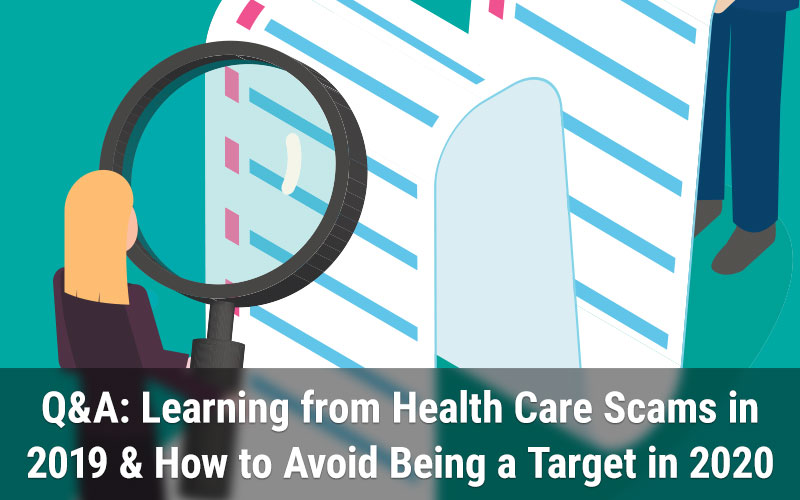
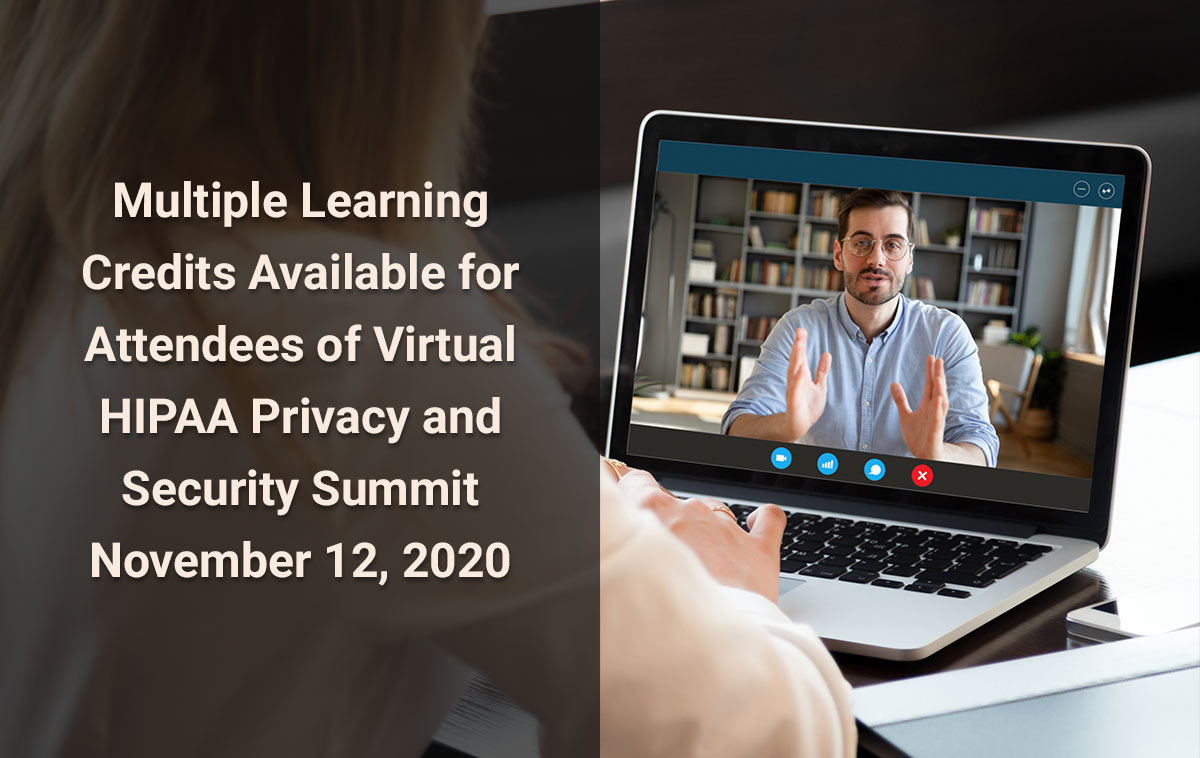
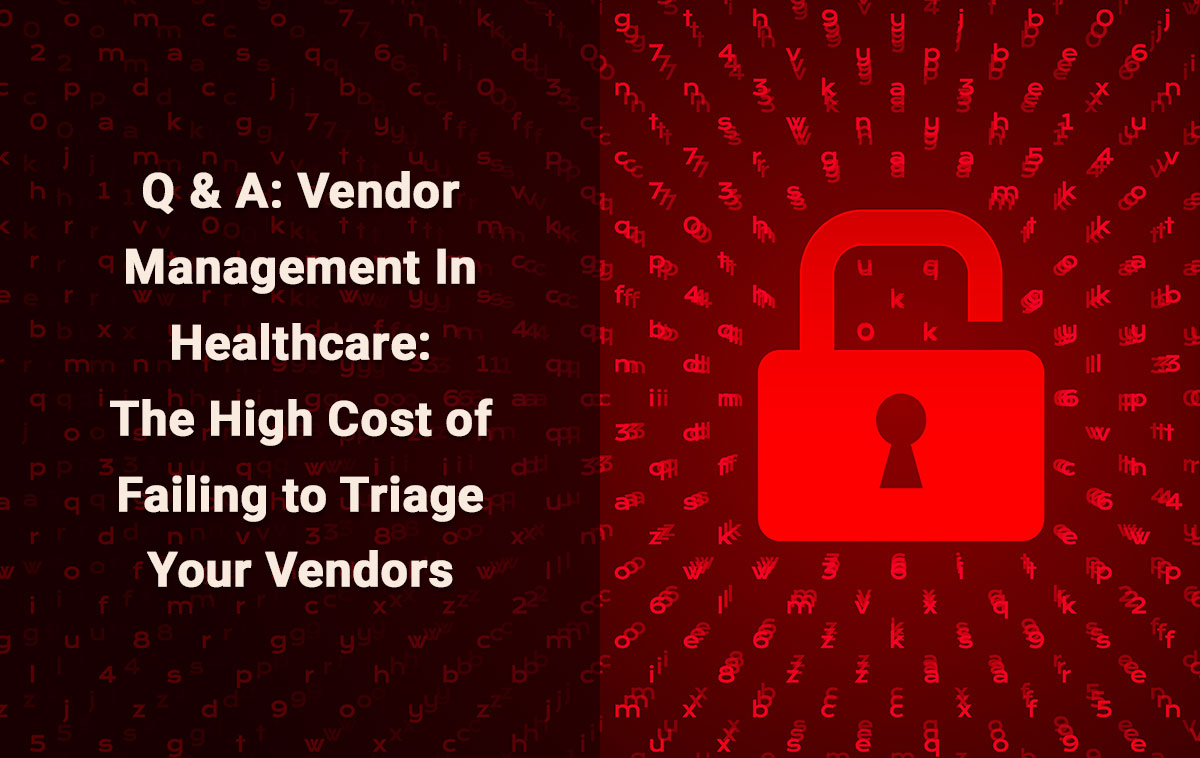
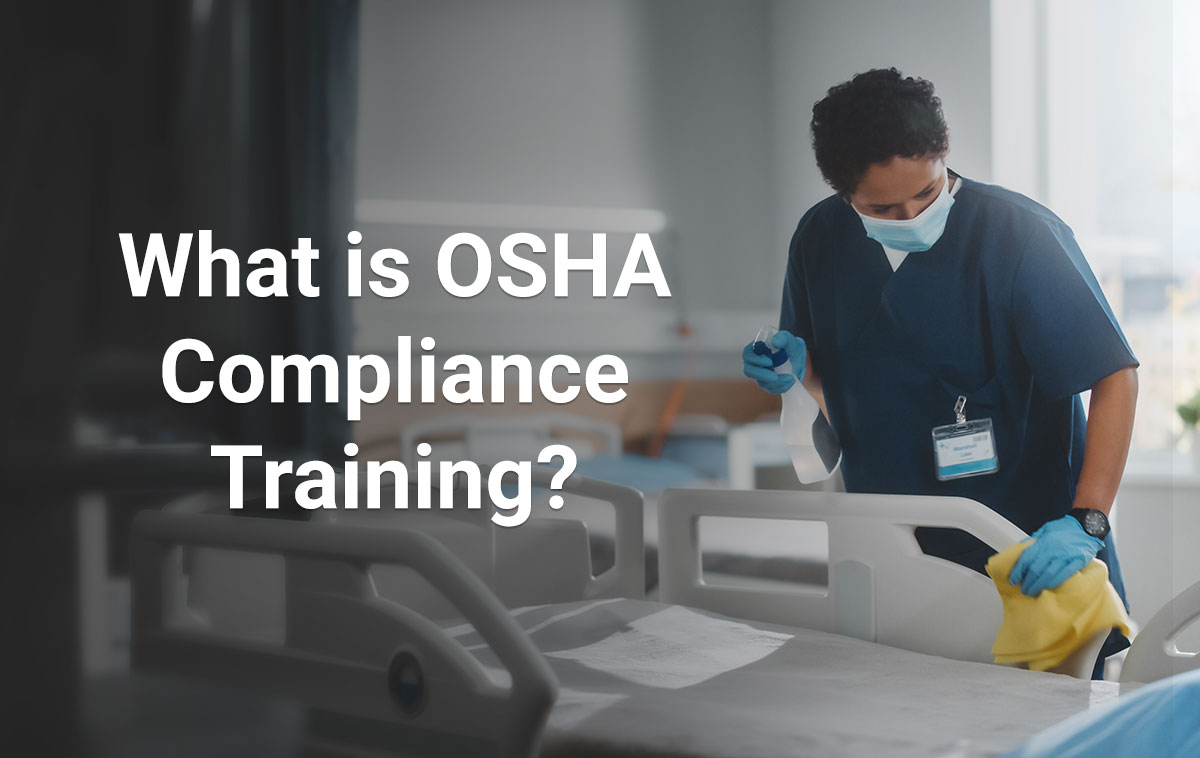

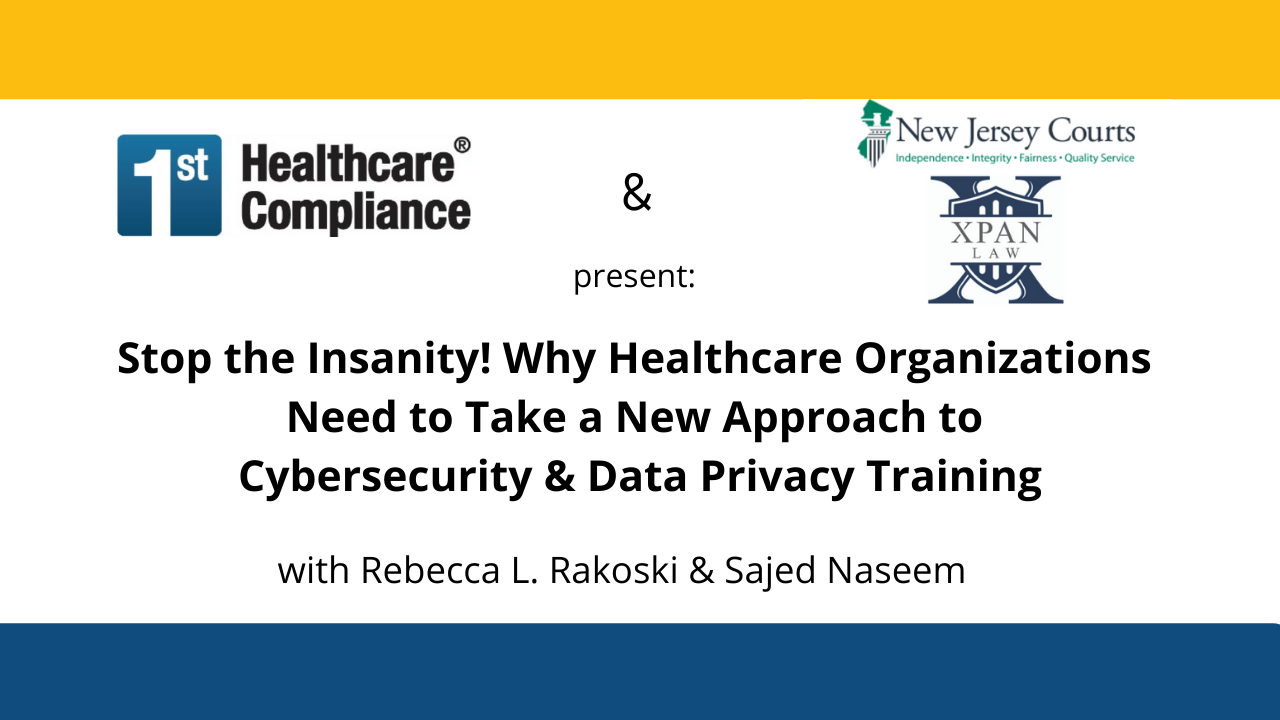
Hey Catherine, thank you for sharing this.
Regards,
Robert
It is our pleasure to bring you high quality content!